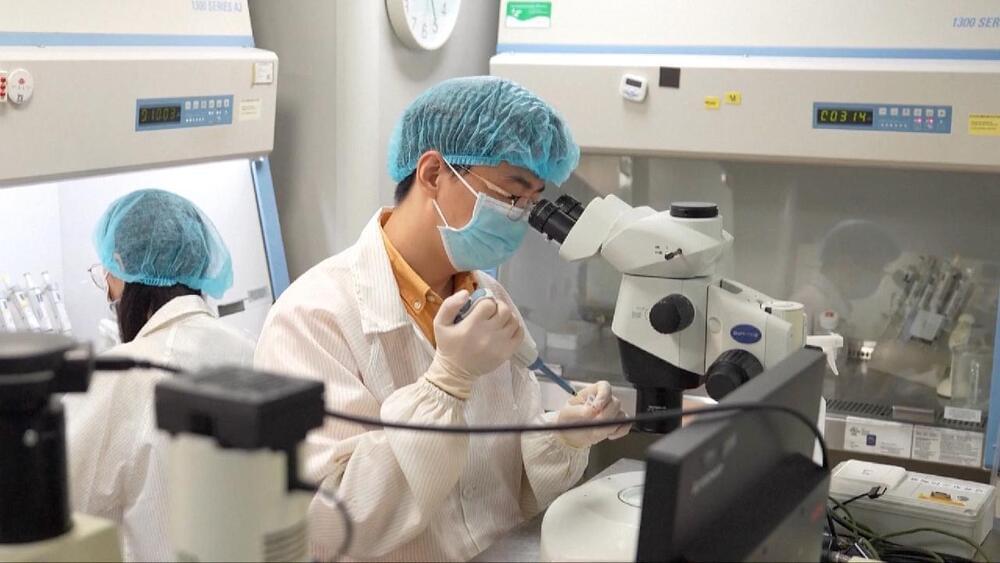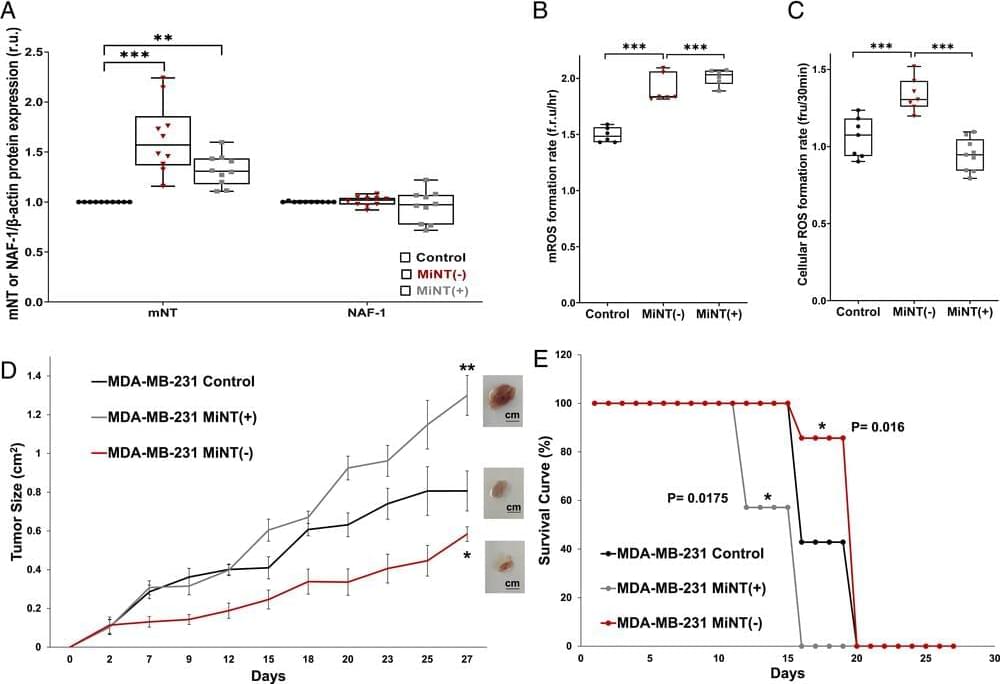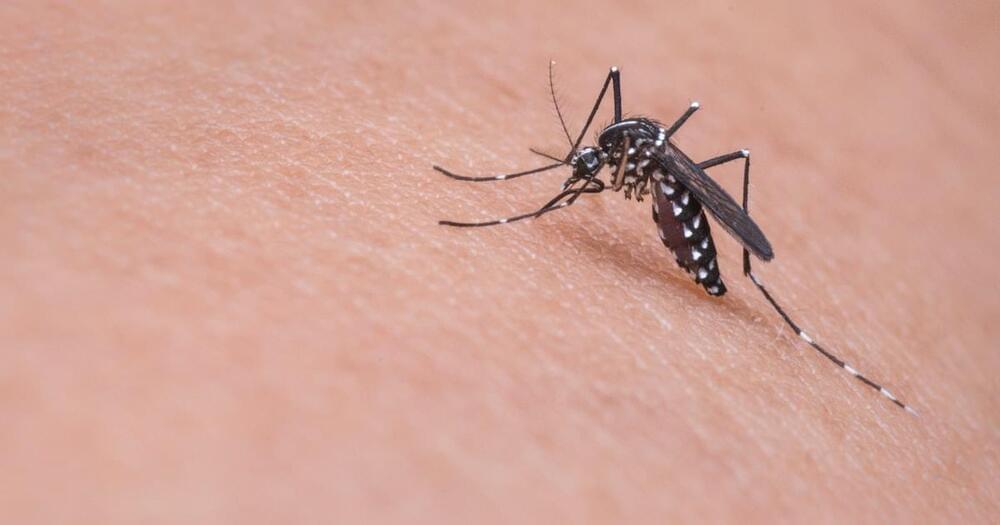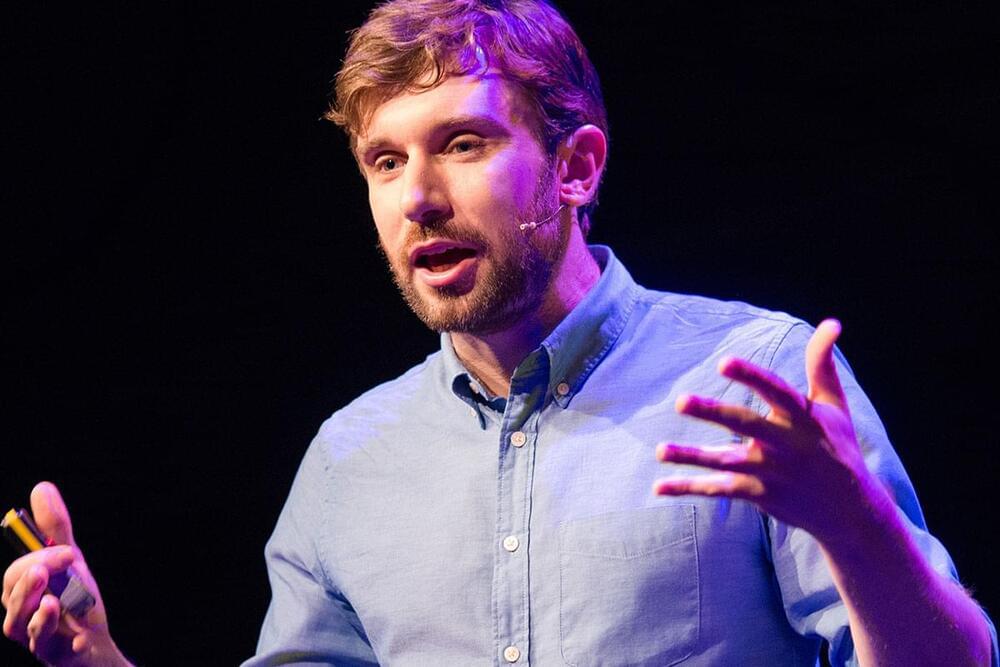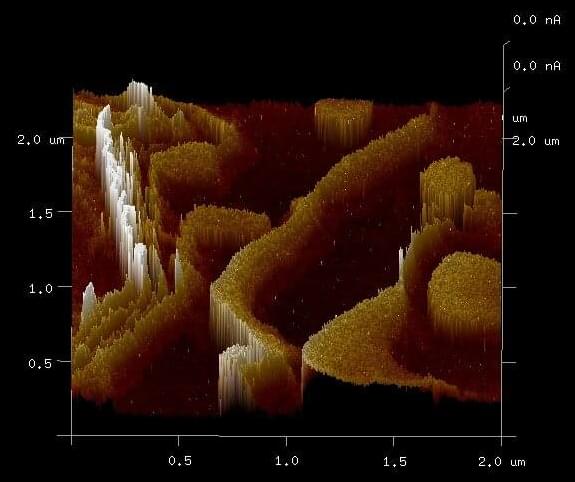Recent advances in cancer diagnosis, treatment, and management have resulted in a growing number of cancer survivors. Researchers constantly strive to understand new ways to support cancer survivors and help them lead a healthy and happy life post-treatment. This has led to our understanding that cancer survivors have different healthcare needs than their counterparts with no history of cancer.
One concern facing cancer survivors involves cardiovascular disease (CVD), a general term including conditions that inflict the heart or blood vessels. Many cancer survivors face a higher risk of dying from cardiovascular disease (CVD) than from cancer itself.
Despite the well-known adverse effects of tobacco use associated with both cancer and CVD, about 20% of cancer survivors continue smoking after diagnosis. How smoking cessation impacts CVD risk after cancer diagnosis remains poorly understood. To address this, a team of researchers recently published their study investigating the cardiovascular consequences of quitting smoking after a cancer diagnosis in the European Heart Journal.

